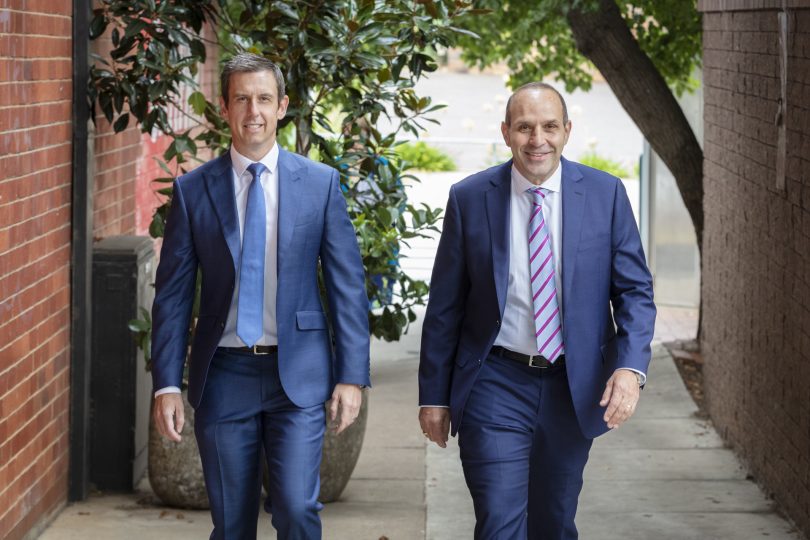
Businesses that owe money to the ATO are finding it harder to make arrangements to pay. Photo: File.
Like most of us, the Australian Taxation Office faced a year of change in 2020, and their focus was on stimulus measures and supporting businesses rather than debt recovery.
But, as the economy wakes, the giant is stirring once again and it’s looking for its tax dollars.
“The reality is, during 2020, the ATO was much more lenient,” says RSM Australia Partner Jonathon Colbran.
“No one was aggressively pursued for their tax obligations. The ATO was happy to take your calls, but they weren’t chasing people because they were clearly giving taxpayers breathing space and being supportive.”
“They have now started rigorously reviewing payment arrangements and are expecting evidence that a business can afford to meet its obligations and navigate through the months ahead. We are being told that if there are concerns about that, the ATO is declining repayment arrangement requests,” Jonathon warns.
“We know that most businesses that were struggling didn’t fail during the pandemic, but there are businesses out there that have survived only because of supports like JobKeeper, loan holidays from the banks and the ATO being lenient.”
READ MORE: The best tax accountants in Canberra
Jonathon says businesses that are struggling to meet their tax obligations are now finding it harder to make arrangements with the ATO.
“It is more difficult getting payment arrangements over the line. The days of making an arrangement to pay via an almost automated telephone call seem to be behind us,” Jonathon said.
“When you speak to them, you have to explain yourself. It is no longer a given that you will get what you ask for. You need to justify your ability to pay and show you have a clear plan to improve your business and navigate through the months ahead.
“The ATO is asking for written requests rather than over the phone. You will now need to prove the viability of your business.”
So if your business is behind in its tax obligations and you are struggling to make payments, what are the options available?
“Proactive engagement,” Jonathon advises.
“Don’t ignore the problem and think it will work itself out. You need to make contact with the ATO and establish what you owe.”
Jonathon says the first step is to make sure all your lodgements are up to date.
Then, he says, you will need to provide financial information, including recent accounts.
“The ATO will want to stress test the business for significant trading losses,” he says.
“They will want you to explain how you found yourself with a tax debt, what steps you have taken to address this and how you are proactively managing the situation. They are going to ask a lot of questions before approving payment arrangements, but it is designed to stress test your thinking and ensure you have a clear plan and strategy and that your business is viable.”
And if the ATO says no to a payment arrangement, what do you do?
Jonathan says the ATO doesn’t want to bankrupt people.
“The ATO is the most active creditor in the country. They are giving everyone the opportunity to be proactive, turn their business around and return to profitability.”

RSM Australia’s Jonathon Colbran and Frank Lo Pilato from RSM Australia. Photo: Thomas Lucraft.
This is where business needs to have a plan B, look at their processes, and improve revenue and profitability.
“Reach out to your trusted business advisor, BAS agent or accountant. Have a conversation,” Jonathon says.
“Ask them to work with you to put in place a business plan, deal with past problems and map out a plan for the future. It will most likely not be the catastrophe you imagine, and it will give you the best chance to navigate through dealing with your outstanding tax debt.”
For more information, visit RSM Australia.
Original Article published by Karyn Starmer on The RiotACT.
This is a sponsored article, though all opinions are the author’s own. For more information on paid content, see our sponsored content policy.


What's Your Opinion?